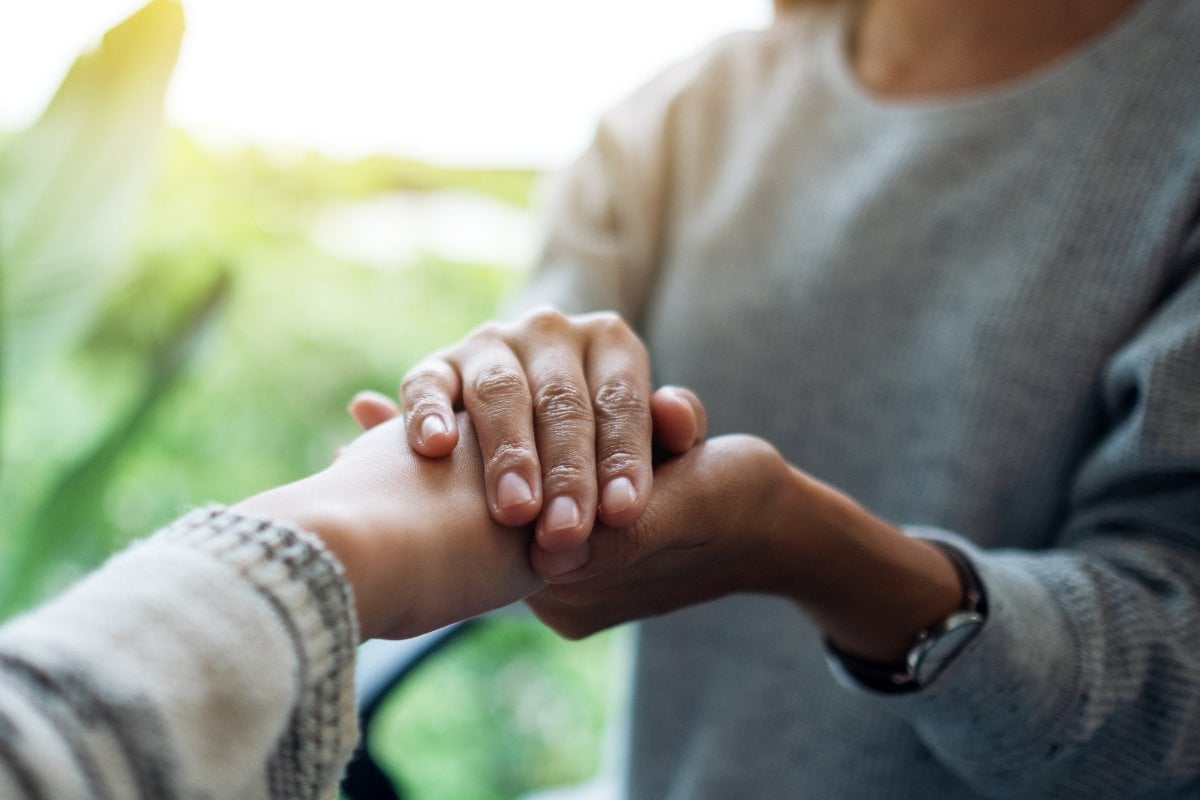
At Mamamia, we have a year-round commitment to highlighting the epidemic of domestic violence in Australia. During May, Domestic Violence Prevention Month, we will not only raise awareness of the personal impact of violence, but do our best to ensure victims have access to help, and encourage those who abuse to take responsibility and seek help for their behaviour.
A couple of years ago, a friend of mine was stuck in an emotionally abusive relationship. Given we were both so young, neither one of us knew what to do. Nor did I know how to help her.
Years down the track, we as a society have a much better understanding of what domestic and family violence is, the impact it can have and the support systems available.
Though from a micro perspective, it can be challenging to know exactly what you as a friend can do to help your loved one when they are in a domestically violent relationship.
Watch Women And Violence: The Hidden Numbers. Post continues below.
The role we all play in ending domestic violence.
Friends, family members, colleagues and the community play a crucial role in identifying abuse and supporting loved ones to safety.


Top Comments